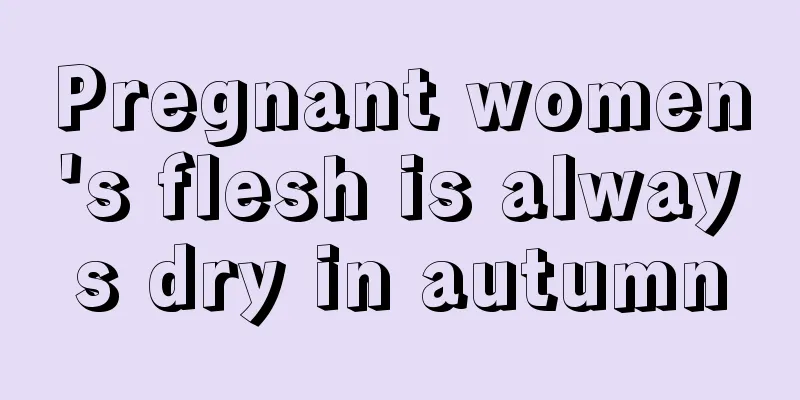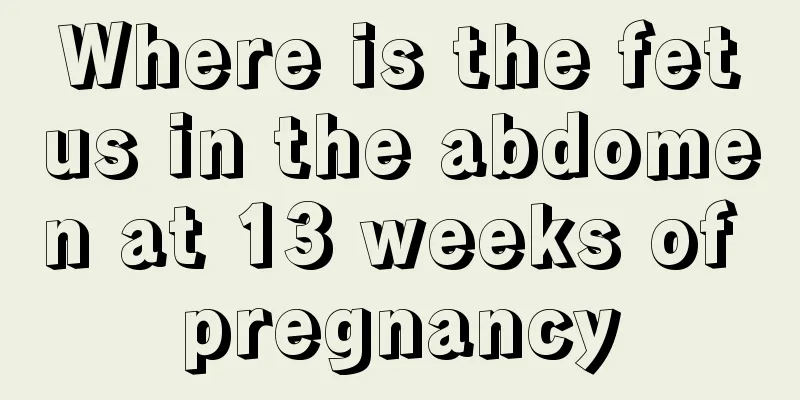What are the symptoms of poor gallbladder function in women?

|
The gallbladder is a very important organ that has a great impact on people's health. The main function of the gallbladder is to secrete bile. This liquid has a strong digestive effect and is an essential substance to help the stomach and intestines digest fats and other oils. The health of the gallbladder is easily affected, especially the gallbladder of women is more vulnerable. Let’s take a look at the symptoms of poor gallbladder in women. I hope that women can understand it. The biliary system consists of two parts: the intrahepatic bile duct and the extrahepatic bile duct. It originates from the capillary bile duct in the liver, and its terminal end merges with the pancreatic duct and opens into the duodenal papilla. The intrahepatic bile duct includes the segmental bile duct, lobar bile duct and the left and right intrahepatic hepatic ducts; the extrahepatic bile duct includes the left and right extrahepatic hepatic duct, the common hepatic duct, the gallbladder, the cystic duct and the common bile duct. Symptoms of poor gallbladder in women Insufficient gallbladder function will affect bile secretion, leading to reduced digestive function and affecting diet. In particular, meat products will be more difficult to digest. Seeing greasy food will cause nausea and loss of appetite, and the smell of oily smoke will not be tolerated. When bile secretion is insufficient, symptoms such as abdominal bloating, constipation, anemia, osteoporosis and a significant reduction in the body's antioxidant capacity may also occur. People with poor gallbladder function will experience symptoms such as low-grade fever, fatigue, nausea and vomiting, aversion to greasy food, abnormal stools, abdominal discomfort, yellow skin, easy bleeding, and bleeding gums. At the same time, their immunity is reduced, and their skin has blackheads and acne, and some are accompanied by edema. Causes of poor gallbladder function: The incidence of gallstones is related to factors such as age, gender, obesity, fertility, race and diet, and is also affected by medication history, surgical history and other diseases. Age of onset Most epidemiological studies have shown that the incidence of gallstones increases with age. This disease is rare in childhood and may be related to hemolysis or congenital biliary disease. A survey shows that the five-year incidence rate for people aged 40 to 69 is four times that of the lower age group. The dividing line between high and low incidence is 40 years old. Although there are certain differences in reports from different countries, the peak age of onset is in the age group of 40 to 50 years old. |
<<: What causes pain on the left side of the perineum?
>>: Are there many symptoms of secondary breast development?
Recommend
How can women lose weight?
An obese body not only affects your appearance, b...
Use dental floss well - do a thorough cleaning of the gaps between teeth
Author: Liu Zifei, Wang Yahuan, Wang Cong School:...
Safe and effective breast enhancement
Modern women pay more and more attention to their...
Girls' breast development time
When girls are growing, they should choose food t...
How to measure bra cup size
In daily life, women are very concerned about the...
Can I get pregnant two months after IUD removal?
In fact, many women who have given birth to their...
Is it easier to get pregnant with a second child? Why does a second child get pregnant earlier?
We all know that after a woman becomes pregnant, ...
What causes cervical cysts in women?
Cervical cysts are generally inflammatory. It is ...
Why do I have severe back pain during menstruation?
If you experience lower back pain during your men...
What medicine should I take to induce abortion if I get pregnant unexpectedly?
To put it simply, unmarried pregnancy refers to a...
How to improve delayed menstruation caused by sexual intercourse
Menstruation has its own rules. It is a periodic ...
What are the specific manifestations of gynecological inflammation?
Gynecological inflammation is a very common gynec...
Flat feet in adolescents are very harmful, early screening, early diagnosis and early treatment are the key!
Author: Pan Huajie, First People's Hospital, ...
Why does my period suddenly become less?
Many women do not seek timely treatment when they...
Can I eat carambola when I have my period?
We all know that menstruation is something that e...









